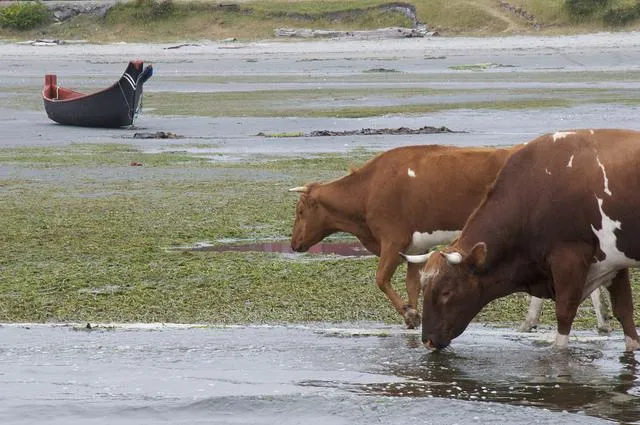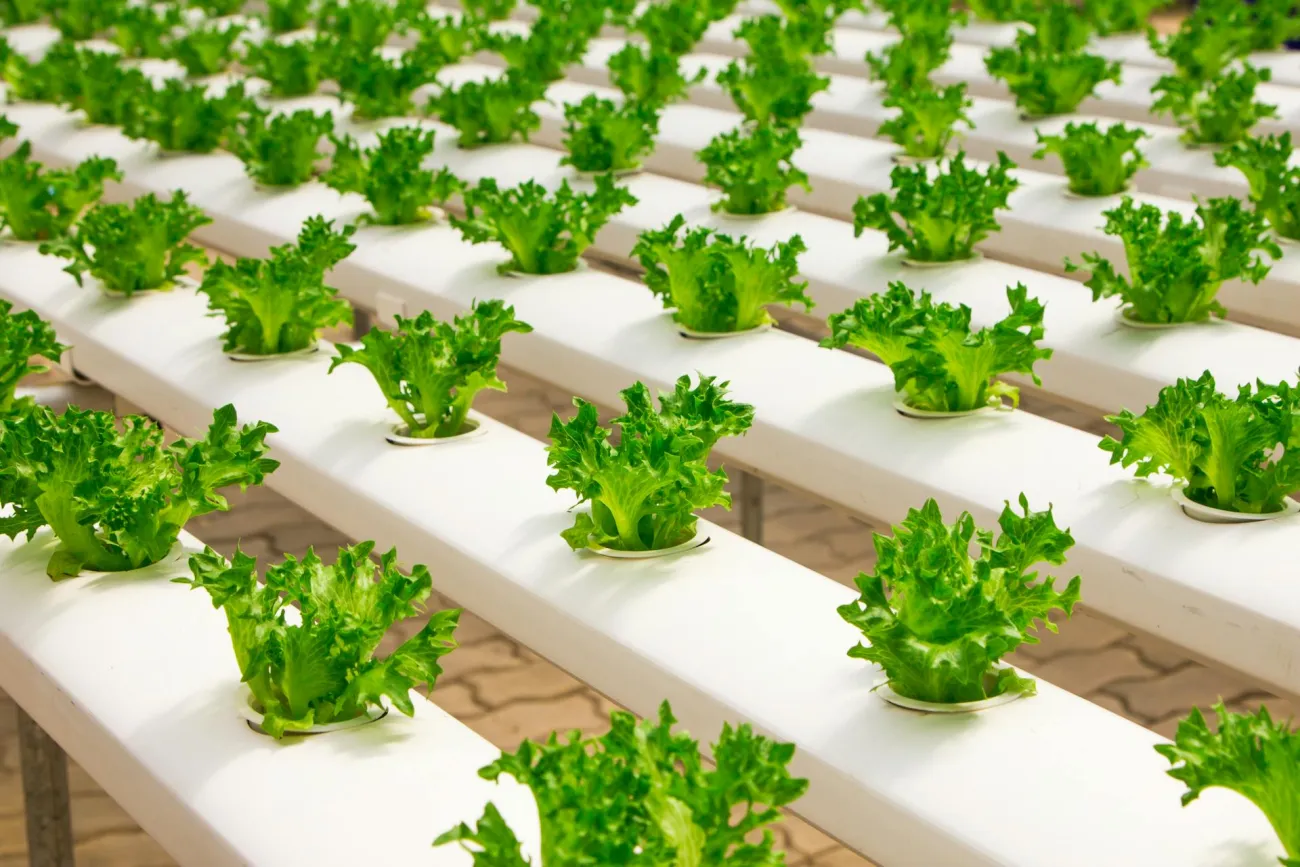A chance discovery was made in Canada 11 years ago, when it was observed that cattle in a paddock near the sea are more productive. This led to research showing that feeding cows seaweed not only helped improve their health and growth, but also reduced their enteric methane emissions by about 20%.

Further research conducted by CSIRO in Australia has now tested 20 more seaweed species in the lab, using test tube models of cow stomachs. This research finds that it is possible to reduce emissions by between 0% to 50%.
Unfortunately, to achieve these required large volumes of seaweed in the food mix, which are likely to present digestive issues for animals. However, one seaweed that was tested stood out - even when the feed mix contained just 2% of seaweed, methane emissions (in this lab based study) were reduced by 99%. Were the findings of this lab-based work found to hold true for real cows, the potential benefits would be significant.
Not only does methane from cattle contribute significantly to human-generated greenhouse gas emissions, but producing it is also energy intensive, and effectively represents a waste of about 15% of cattle feed. As a result, not only might this feed additive greatly reduce greenhouse gas emissions, but it could also be cost effective for farmers to implement. Further tests are ongoing.
The full article in the Conversation, can be found here.
See also this policy brief we summarised on sustainability challenges in the booming seaweed industry.




Comments (0)